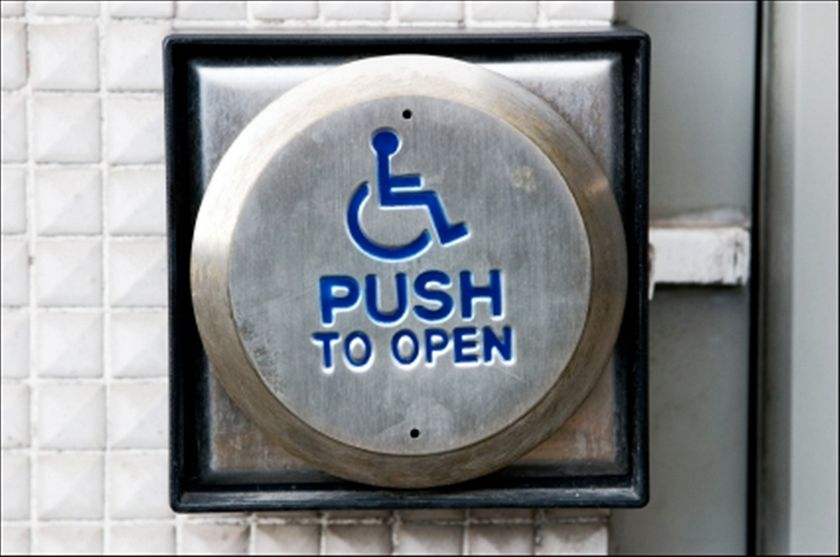Trinity Disability Service has welcomed the new National Access Plan to increase access to higher education for disadvantaged groups, which includes a specific focus on students with disabilities.
In a statement to Trinity News, the Disability Service said: “Trinity’s Disability Service is delighted to see the new National Access Plan 2022-28.”
It continued: “An ambition of this plan to make universities such as Trinity ‘inclusive, universally designed environments which support and foster student success and outcomes, equity and diversity, and are responsive to the needs of students and wider communities’ aligns with Trinity’s strategic objective 1.5 ‘Increase access and ensure inclusivity’.”
“The Disability Service ethos [is] to assist disabled students to move from a transactional model of provision to a transformational and sustainable model of growth. This ensures disabled students take an active part in developing essential life skills and planning their educational journey.”
The new plan notes that although previous targets for access to higher education among people with disabilities have been met, the percentage of students with disabilities still does not reflect the wider population.
The plan aims to increase the number of new entrants with disabilities, including intellectual disabilities, from 12.4% of the student population to 16% by 2028.
The Disability Service added that they are determined to reach the ambitious targets of the plan: “As we prepare to move to our new home in Printing House Square, we are ready to meet these targets and improve disabled students’ experiences in Trinity that will lead to better work opportunities.”
Universal design for learning is a key strategy of the National Access Plan to make higher education more accessible to students with disabilities. Universal design refers to the design of a product or environment so that it can be accessed, understood and used to the greatest extent possible regardless of ability or disability.
The Disability Service said that “universal design is critical and it needs to be embedded into everything we do – the built environment, teaching, learning and assessment.”
“When this happens then we can truly say disabled students are included and belong in Trinity.”
The new National Access Plan was launched last week by Minister for Further and Higher Education Simon Harris, who called it “the most ambitious plan for access to higher education”.
Earlier this year, Harris announced Strand 4 of the Programme for Access to Higher Education (PATH), including funding of €12 million to improve third-level accessibility for students with autism and intellectual disabilities. This initiative forms a key part of the National Access Plan strategy regarding students with disabilities.






